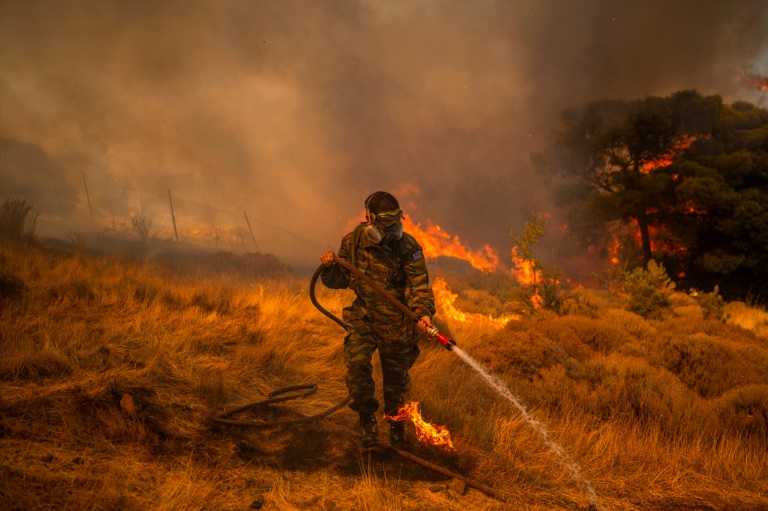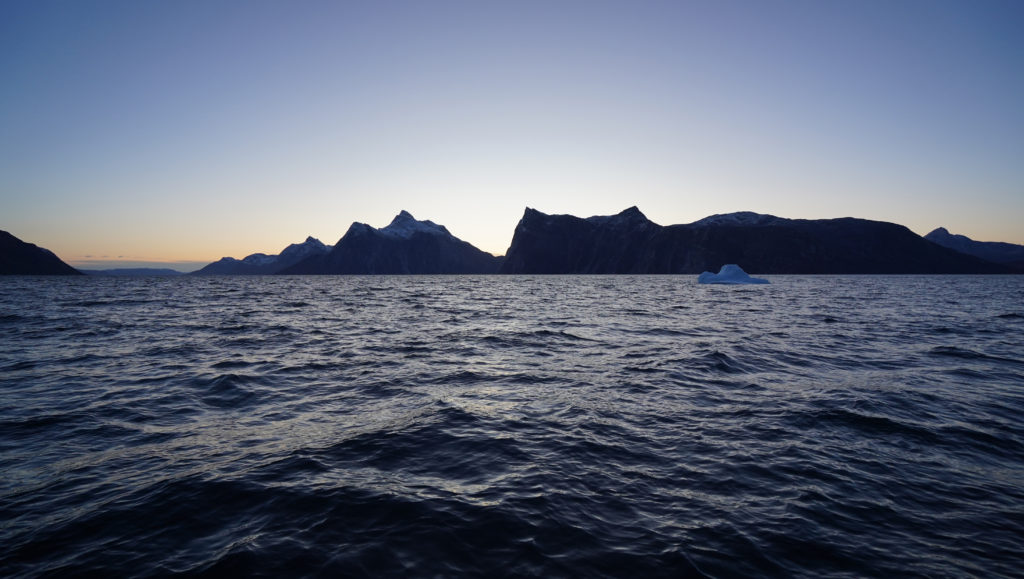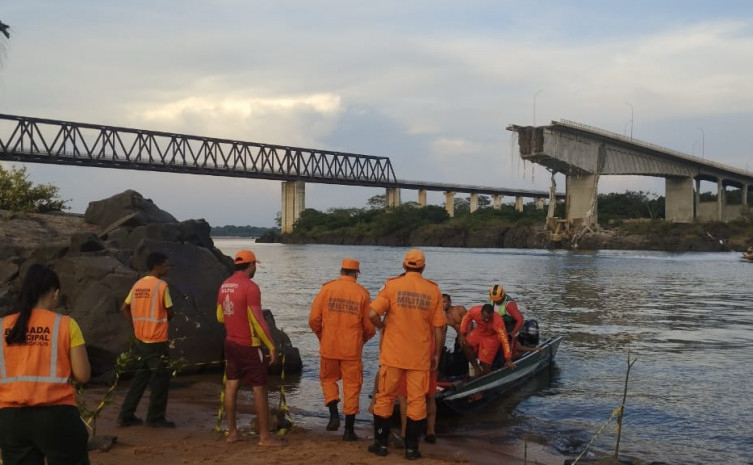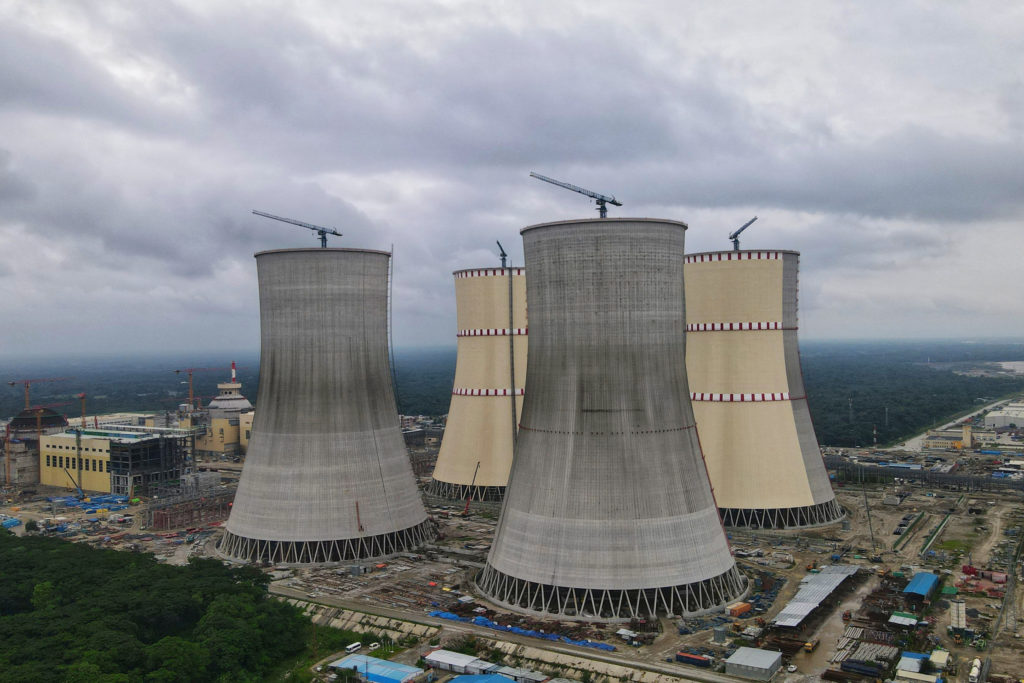Greek firefighters battled to control two new fires around Athens on Monday, forcing the evacuation of several villages after blistering blazes scorched swathes of land in the country.
Greece’s prime minister has linked the devastating blazes to the “climate crisis”, speaking last week as wildfires swept across the Mediterranean, engulfing parts of Greece, Italy and Spain.
Scores of firefighters battled fresh blazes Monday near the Greek port city of Lavrio, as helicopters and planes dropped water from the air, a firefighting official told AFP.
Locals from three nearby villages southeast of Athens were ordered to evacuate.
“The fire front is large and the winds in the area are very strong,” Thanasis Avgerinos, the deputy regional governor of East Attica told AFP.
“This is a very flammable pine-covered area.”
Meanwhile, another forest fire broke out in Vilia, Attica, some 60 kilometres (37 miles) northwest of Athens, prompting the mobilisation of air and ground forces.
Authorities have called for the evacuation of two nearby villages, while another 40 firefighters were battling the blazes, according to a firefighting official.
The fires come on the heels of blazes in recent weeks that have destroyed homes, properties, pine forests, beehives and livestock across more than 100,000 hectares of affected land.
The island of Evia, 200 kilometres northeast of Athens, has paid the heaviest price with more than half of the hectares burned there.
The Peloponnese peninsula, 300 kilometres west of Athens, but also the northern suburbs of the capital, were also heavily affected by some 600 fires.
The blazes were finally brought under control Friday.
Greek Prime Minister Kyriakos Mitsotakis has said the fires offered a dire warning.
“The climate crisis tells us everything must change,” he said.
As global temperatures rise, heatwaves are predicted to become more frequent and intense, and their impacts more widespread, scientists say.










